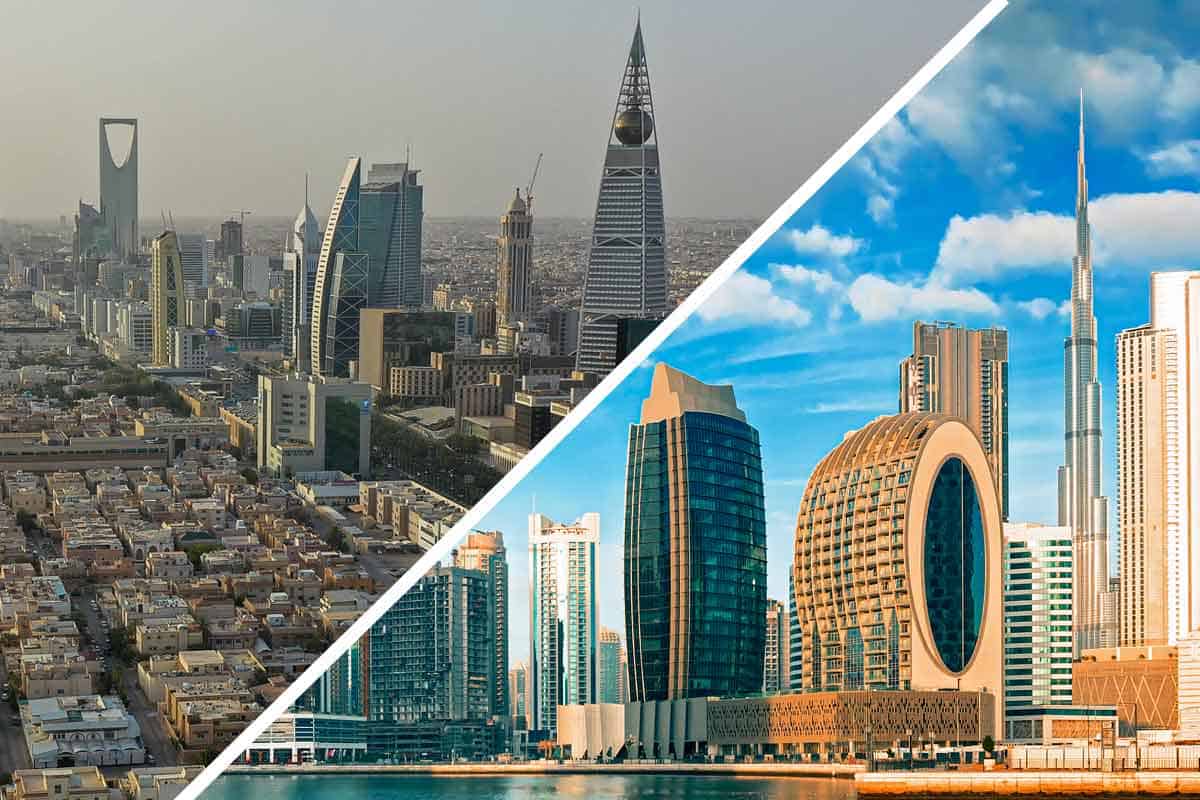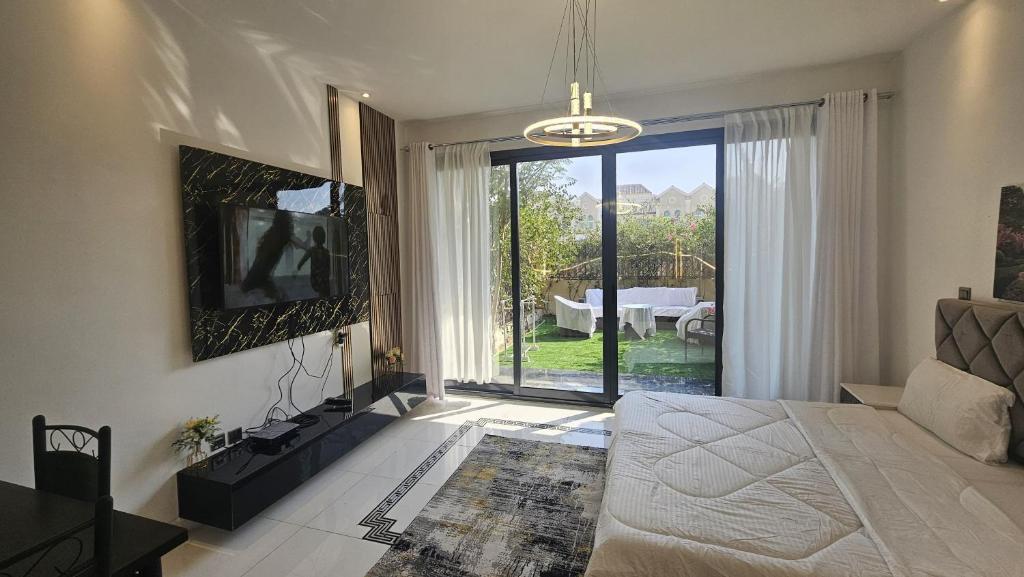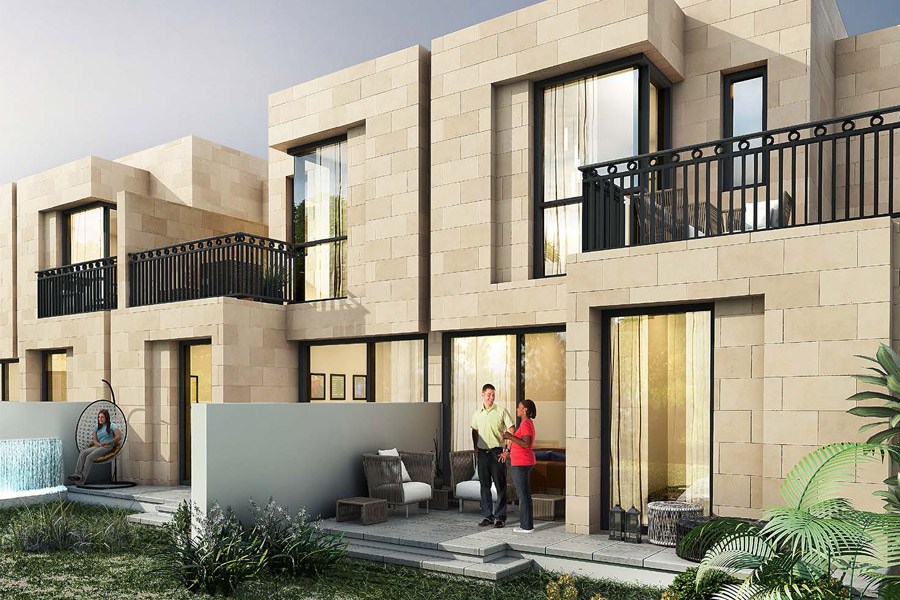What is the Average cost of Living in Dubai?
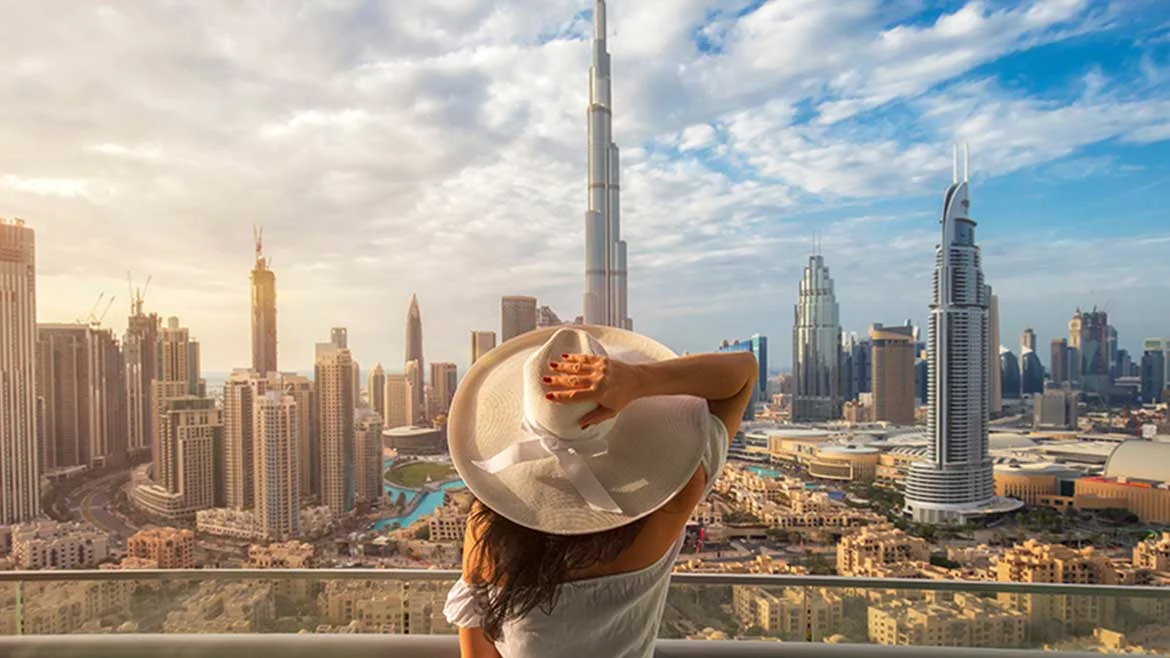
What is the Average cost of Living in Dubai?
Dubai, a dazzling gem in the heart of the UAE, is known for its towering skyscrapers, luxurious lifestyle, and vibrant culture. This city attracts millions of expatriates and tourists each year with its unique blend of tradition and modernity. Whether it’s the iconic Burj Khalifa or the sprawling malls filled with international brands, Dubai offers an experience like no other. But while the allure is undeniable, many wonder: what is the average cost of living in Dubai? Understanding this can be crucial for anyone considering making this breathtaking city their home or planning an extended visit. Let’s delve into what makes up that cost and how you can navigate life in one of the world’s most exciting cities.
Factors that contribute to the cost of living in Dubai:
Dubai's cost of living is influenced by several key factors. One major element is housing. Rental prices can vary widely based on location and property type, making it essential to choose wisely. Transportation also plays a significant role. While public transport options are available, many residents prefer private vehicles, adding to monthly expenses through fuel and maintenance costs.
Grocery prices in Dubai can be surprisingly high. Imported goods contribute to this expense as the city relies heavily on international supplies for food items. Healthcare is another consideration. Although there are public healthcare services, many opt for private insurance plans that can impact overall monthly budgets significantly. Lifestyle choices affect living costs greatly. Dining out, entertainment options, and leisure activities all contribute to one's financial landscape in this vibrant city.
The average cost of living in Dubai per month:
When considering the average cost of living in Dubai per month, it's essential to look at various aspects. Housing is typically the largest expense. A one-bedroom apartment in the city center may set you back around AED 5,000 to AED 8,000. Utilities add another layer to monthly costs. Expect to pay approximately AED 400 for electricity and water combined. Internet services usually hover around AED 300.
Groceries can vary widely based on your preferences but budget about AED 1,500 for a balanced diet. Eating out occasionally? A meal at a mid-range restaurant averages AED 100. Transportation also plays a role; using public transport might only cost you around AED 300 per month if you're commuting regularly. If driving is more your style, factor in fuel prices that fluctuate frequently yet remain reasonable compared too many other global cities.
Living expenses in Dubai for a single person:
Living in Dubai as a single person can be an exciting adventure. However, understanding the living expenses is crucial for a smooth experience. Rent is often the largest expense. A one-bedroom apartment in popular areas like Jumeirah or Downtown can range between AED 5,000 to AED 10,000 monthly. Opting for shared accommodations can significantly reduce this cost.
Utilities such as water and electricity typically add another AED 500 to AED 1,200 each month. Internet services usually hover around AED 300. For food, dining out at mid-range restaurants costs about AED 60 per meal. Grocery shopping varies but budgeting around AED 800 should cover basic needs comfortably.
Transportation options are diverse; public transport remains affordable with monthly passes of around AED 300. For those preferring private vehicles, fuel prices provide additional savings compared too many other cities worldwide. Each of these aspects shapes the overall budget for a single individual residing in this vibrant city.
Cost of living in Dubai for a family of 4:
For a family of four, the cost of living in Dubai can vary significantly based on lifestyle choices. Housing is typically the largest expense. A three-bedroom apartment in a desirable neighborhood may range from AED 8,000 to AED 15,000 per month. Groceries also impact the budget. Monthly grocery bills can average around AED 2,500 to AED 3,500 depending on dietary preferences and shopping habits.
Transportation costs are manageable with options like public transport or car ownership. Families often spend between AED 800 and AED 1,200 monthly on commuting. Additionally, schooling plays a crucial role for families with children. International schools charge fees that can start at AED 30,000 annually per child and go much higher based on curriculum and facilities.
Entertainment expenses should not be overlooked either. Dining out occasionally or enjoying recreational activities could add another couple thousand dirhams each month to your total budget.
Offplandxb Your Perfect Choice:
When considering a move to Dubai, understanding the cost of living is essential. This vibrant city offers an array of experiences, but it also comes with its own set of expenses. From housing to transportation and leisure activities, each element plays a crucial role in your monthly budget.
For those eyeing a single lifestyle, you'll find that rent prices can vary significantly based on location. A comfortable apartment might range from AED 3,000 to AED 7,000 per month in popular areas. Utilities typically add another AED 500 to AED 1,000 monthly. Groceries and dining out can run you anywhere between AED 1,500 to AED 3,000 depending upon your choices.
If you're moving with a family—let’s say a family of four—the figures change quite dramatically. You’ll likely spend around AED 10,000 or more for suitable accommodation in family-friendly neighborhoods like Jumeirah or Arabian Ranches. Add schooling fees if you have children; international schools can be priced at about AED 40,000 annually per child. While the numbers may seem daunting initially, many expats find that the high salaries often offset these costs significantly. Plus Dubai boasts no income tax! With all these factors considered—living expenses truly depend on your lifestyle choices and budgeting skills.
Choosing where to live is just as important as calculating costs accurately. For those looking for expert guidance through this process—and particularly interested in off-market properties—OffPlanDXB stands out as an ideal partner in real estate decisions tailored specifically for newcomers and seasoned residents alike. With their insights into current trends and property options available throughout Dubai's diverse neighborhoods—it could very well be your perfect choice when navigating life in this dynamic city.
RELATED POSTS
RECENTLY LISTED PROPERTIES
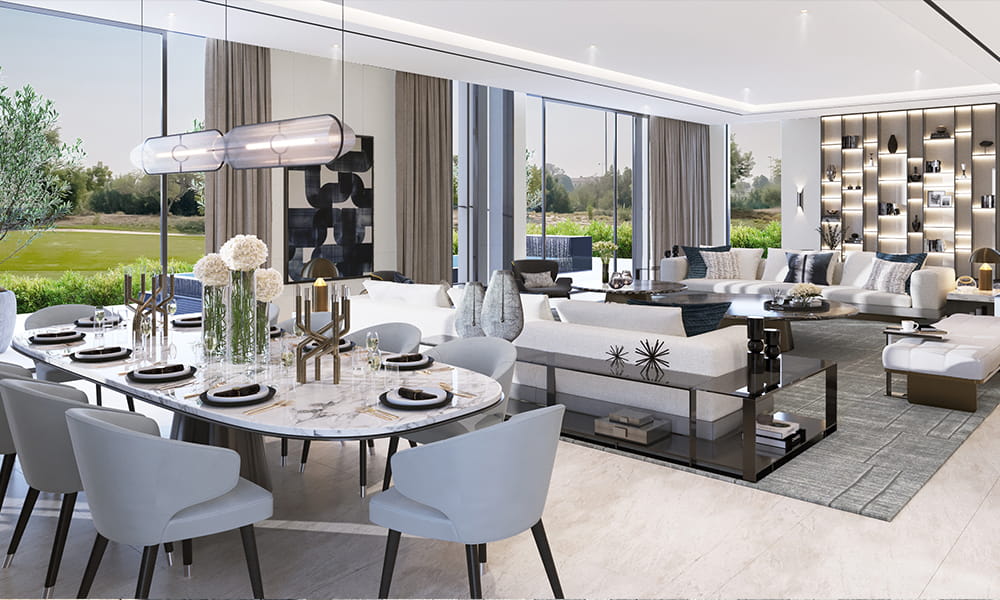
Signature Mansions by Signature Developers
Jumeirah Golf Estates
18.5
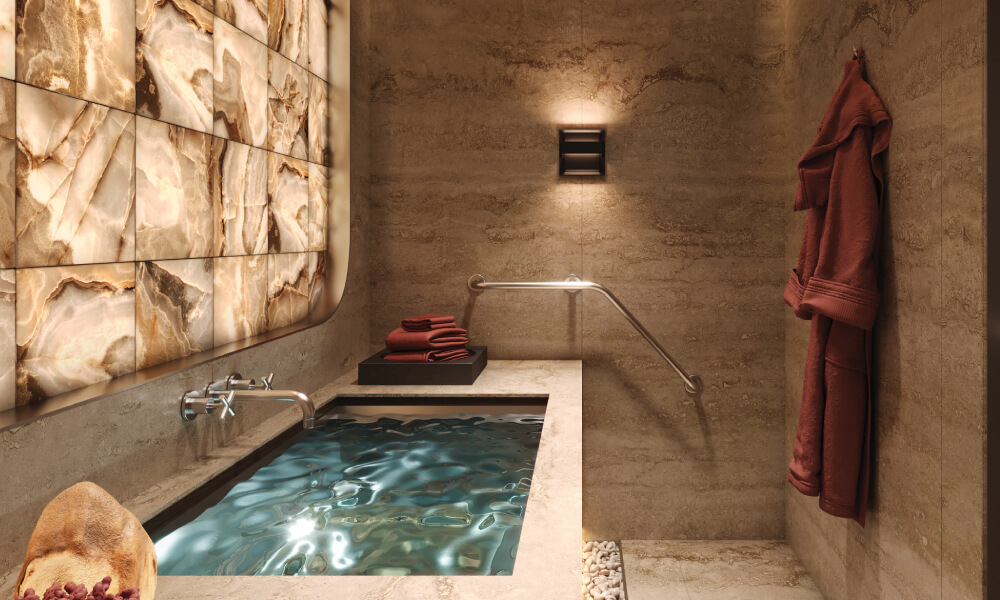
MAG 777 by MAG Group
Dubai Sports City
777
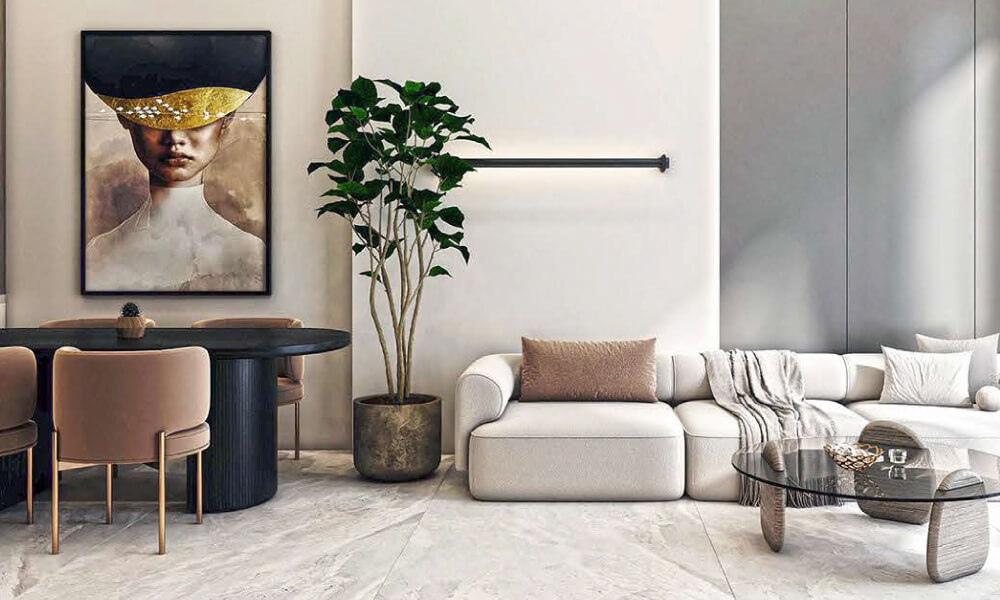
Al Serh Residences 11 by Al Asak Development
Jumeirah Village Circle(JVC)
675.8
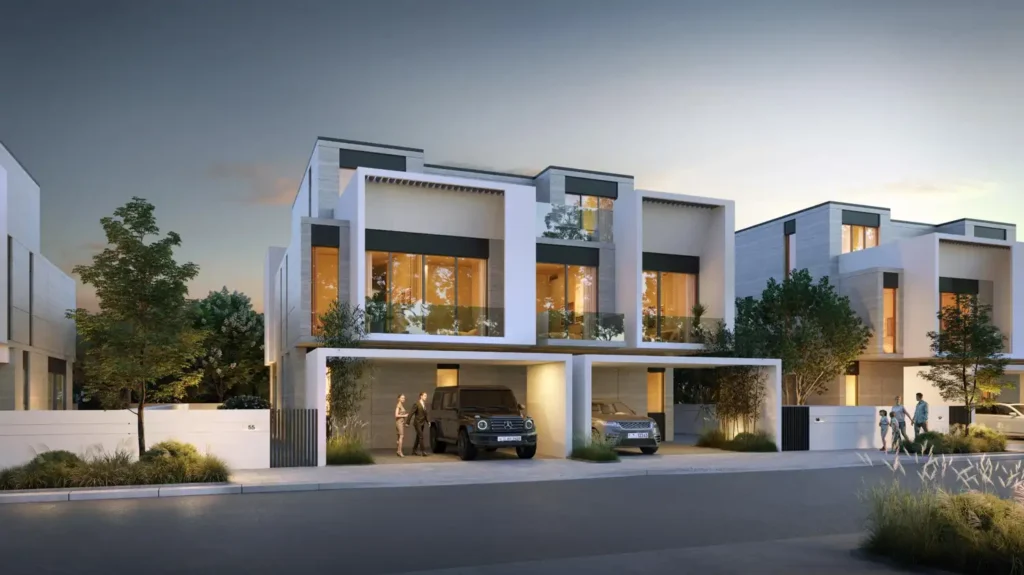
Dar Global Villas at Jumeirah Golf Estates, Dubai
Jumeirah Golf Estates
5900000
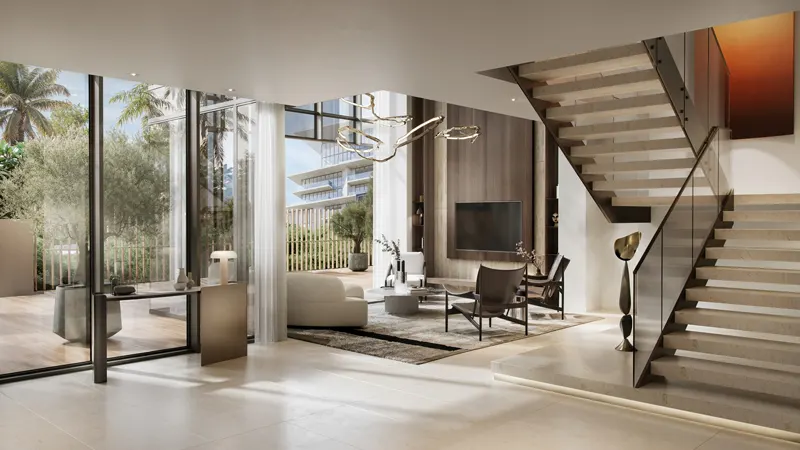
City Walk Crestlane at City Walk, Dubai - Meraas
City Walk Crestlane
2.6
